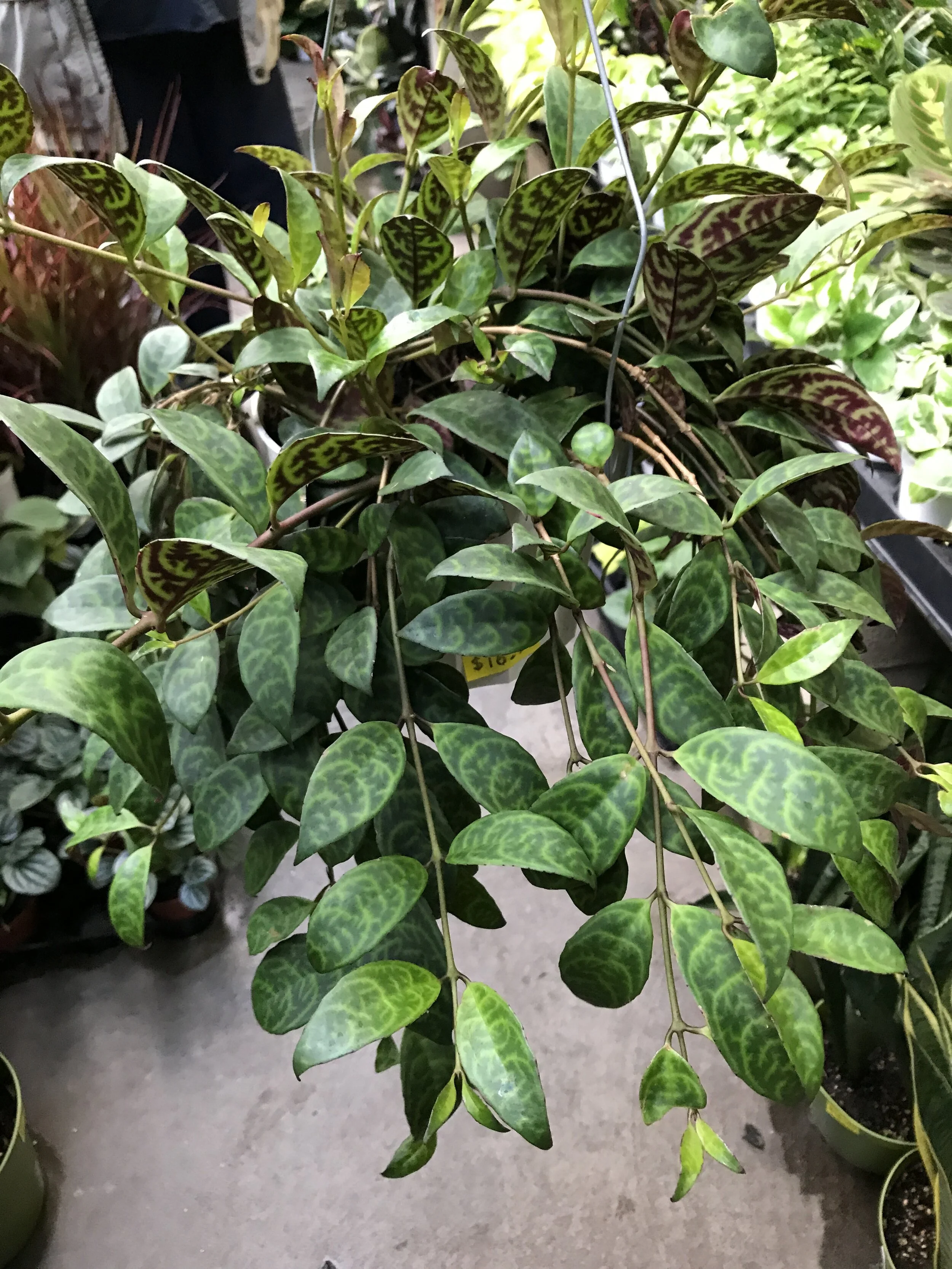Black Pagoda Lipstick Plant Care

Black pagoda blooms a beautiful yellow bloom the botanical name for lipstick plant is aeschynanthus although lipstick plants are commonly confused for columnea.
Black pagoda lipstick plant care. Black pagoda has interesting yellow and orange flowers with dark mottled foliage. The aeschynanthus lipstick vine has pointy waxy leaves and blooms with bright clusters of red blossoms. That s the basics of how to care for a lipstick plant. The big difference because columnea and aeschynanthus is found in the bloom col.
These flowers emerge from a maroon bud resembling a tube of lipstick from which the plant derives its common name. Black pagoda lipstick plant scientific name aeschynanthus pulcher the leaves with velvet structure in green color with black stripes flowers color can be orange or red. Pruning lipstick plants will encourage the plant to grow fuller rather than longer vines but it s usually not a necessary part of lipstick plant care. Grow your lipstick plant in a bright location away from direct sunlight.
At around 65 f. Water the lipstick plant regularly providing more water in the spring and summer and less during winter. The mottled foliage and shiny leaves add interest to its form. The plant will survive but it will not thrive and you will see this from the lack of flowers it produces at this temperature.
If your plant is looking untidy or not very full then you can prune off the vines to the desired length. Black pagoda lipstick plant what need to know before growing black pagoda lipstick plant. It can be quite scraggly but given good light and proper care it will mature into an attractive basket plant. Reply to this comment.
Lipstick vines come from tropical climates so they like to remain moist at all times but. During the spring and summer months i hang mine under a tree where it gets filtered sunlight. Ideal temperatures are between 65 and 80 f 18 30 c with high humidity. Lipstick black pagoda is also known as aeschynanthus radicans black pagoda.
Tip cuttings root easily in soil or perlite. Feed your plant once a month with organic plant fertilizer. Ideally it should be in a temperature range of 70 85 f. The plant requires high humidity and bright light when it is kept indoors.

